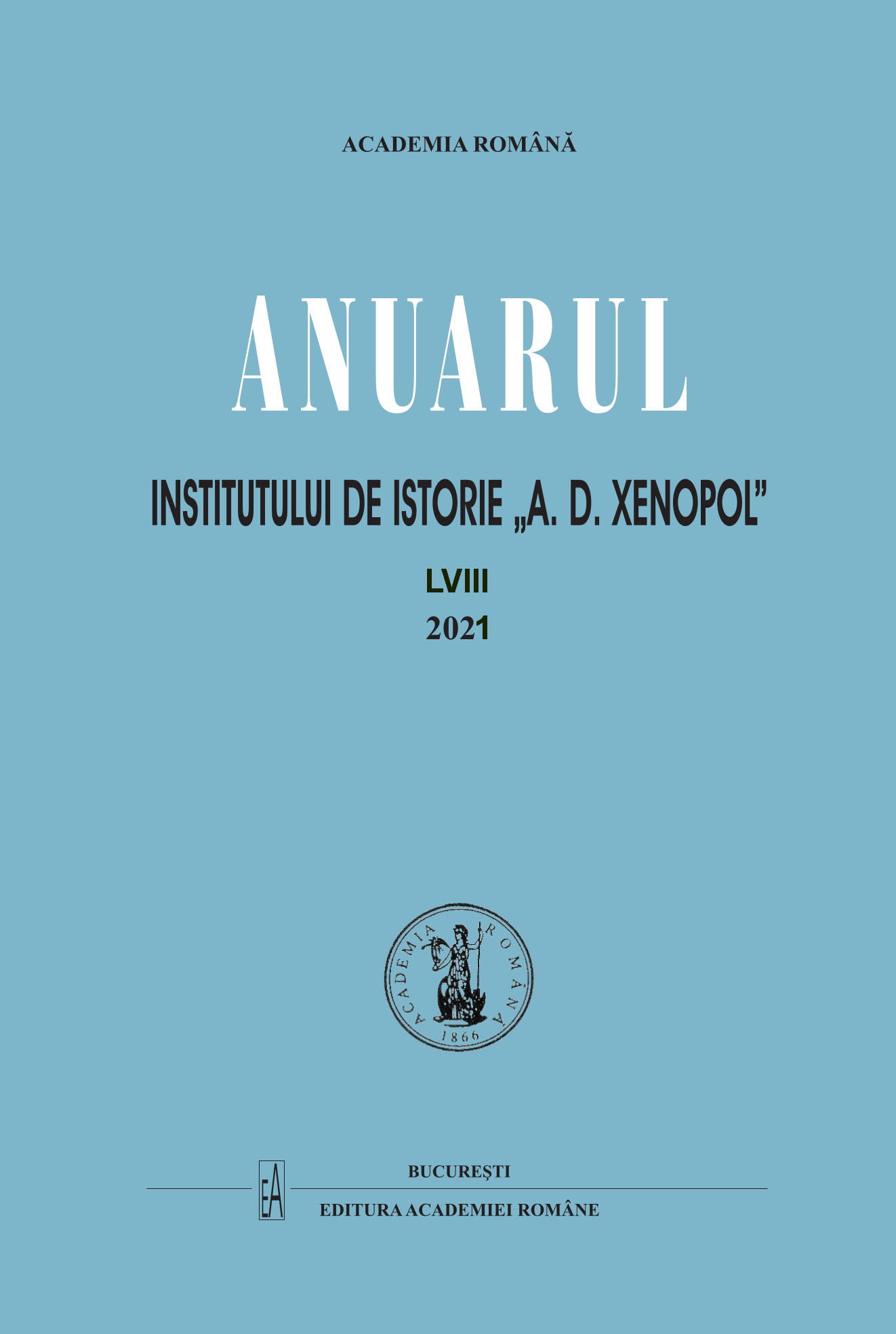CONFESSIONAL PROPAGANDA AND IDENTITY CONSTRUCTION. THE CASE OF ROMANIANS IN THE HIGHLAND BANAT (16th–17th CENTURIES)
CONFESSIONAL PROPAGANDA AND IDENTITY CONSTRUCTION. THE CASE OF ROMANIANS IN THE HIGHLAND BANAT (16th–17th CENTURIES)
Author(s): Adrian MaginaSubject(s): History, History of Church(es), Ethnohistory, Social history, 16th Century, 17th Century
Published by: Editura Academiei Române
Keywords: Caransebeș; Romanians; Banat; Catholic Church; Reformation;
Summary/Abstract: The author think that the national feeling developed incipiently along the 17th century, due to the two confessions trying that their flock become aware of their confessional affiliation, first of all based on promoting the Romanian language in the church. The refugees especially availed themselves of the linguistic factor beyond any religious option. They did prefer converting to another confession which officiated using the vernacular, exclusively in order to keep their ethnic and linguistic specificity. The two churches trying to build a confessional identity evolved towards prefiguring a national consciousness based on the local attachment to linguistic values. Mihai Halici jr. proved by his attitude and way to relate to language and ethnic group, that the idea of nationality – as an ethnic and linguistic corpus – began to appear incipiently within the elite society at least. The great achievement of the Romanian Catholic or Reformed communities living in the Banat was that they succeeded to transfer the concept of the national identity from that of a confessional identity. No further on, in the 18th century the Romanian Greek Catholic master minds in Transylvania came to coagulate the idea of nation around linguistic, historic and confessional factors, but saying nothing of those who had prefigured it, considering that they had been, due to their confessional options, some cases apart from the large Romanian community. The Greek Catholic and Orthodox intelligentsia, as assuming the identity construction under the circumstances of the national alternative, launched the idea of a long career in the Romanian historiography that it cannot be a Romanian national identity besides the two churches.
Journal: Anuarul Institutului de Istorie »A.D. Xenopol« - Iaşi
- Issue Year: LVIII/2021
- Issue No: 58
- Page Range: 61-65
- Page Count: 5
- Language: English

